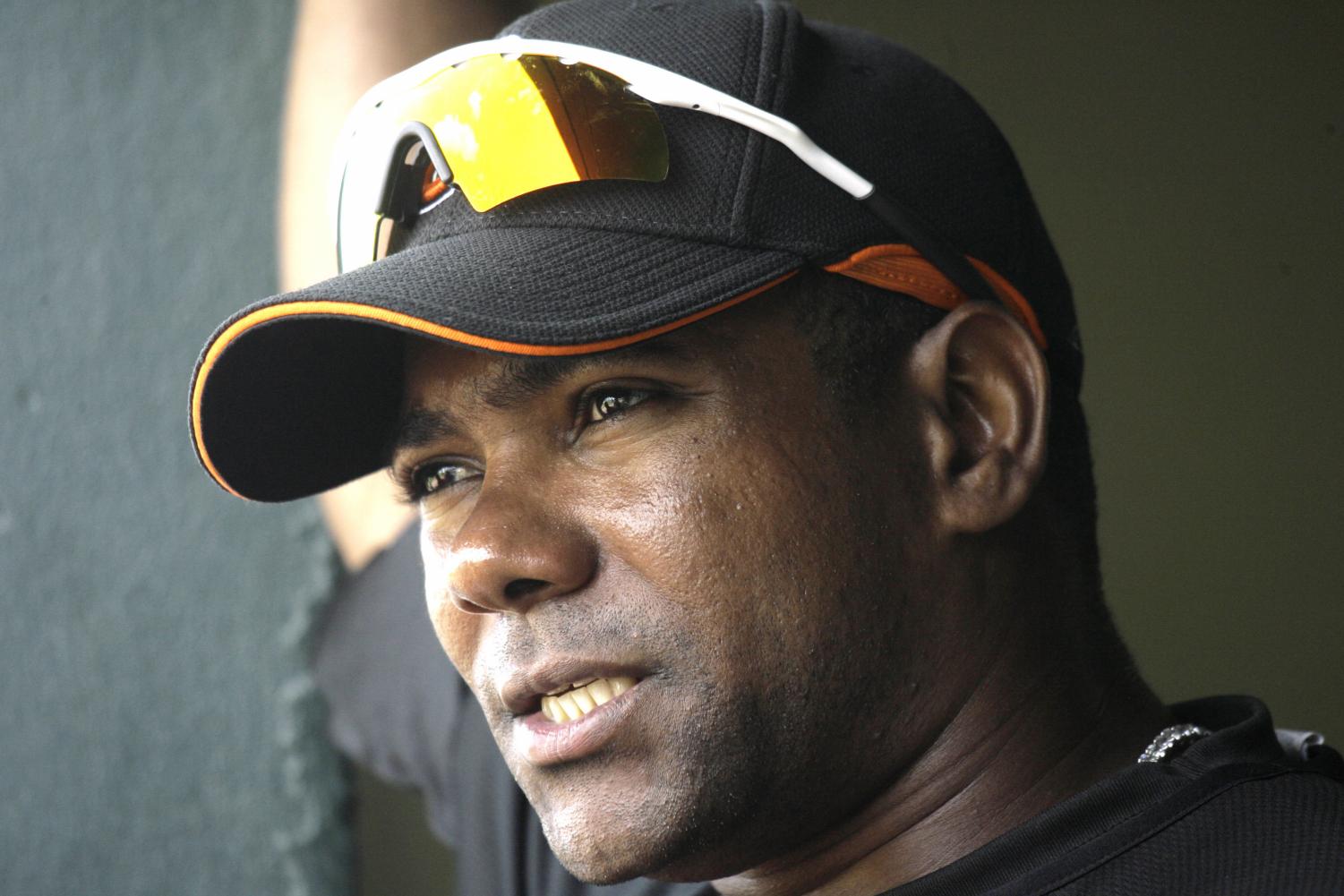WASHINGTON –Bud Selig and Donald Fehr, the commissioner and union leader often at loggerheads, sat side-by-side Tuesday as Congress pressed them yet again with questions about baseball’s doping problem.
At a House Oversight and Government Reform Committee hearing in the same, wood-paneled room where Selig, Fehr, Mark McGwire, Rafael Palmeiro and others testified three years ago, congressmen mixed criticism of baseball and its players with praise for progress on steroids.
That 2005 hearing was referenced right away when panel chairman Henry Waxman opened the proceedings by calling on the Justice Department to look into whether former AL MVP Miguel Tejada lied to committee staffers when questioned in connection to Palmeiro’s perjury case.
Waxman then turned the focus to former Senate majority leader George Mitchell’s report on baseball’s steroids era.
”The illegal use of steroids and performance-enhancing drugs was pervasive for more than a decade, Major League Baseball was slow and ineffective in responding to the scandal, and the use of human growth hormone has been rising,” said committee chairman Henry Waxman, a California Democrat.
”The Mitchell Report also makes it clear that everyone in baseball is responsible: the owners, the commissioner, the union and the players.”
After Mitchell’s two-hour appearance, Selig and Fehr went before the panel.
”I want to be clear that I agree with the conclusions reached by Sen. Mitchell in his report,” Selig said, ”including his criticisms of baseball, the union and our players.”
Moments later, Fehr noted Selig hired Mitchell to investigate steroids and commented: ”He served his client well.”
In his opening statement, Selig vowed to develop a program ”to require top prospects for the major league draft to submit to drug testing before the (amateur) draft.” He also reiterated his willingness to support use of a test for human growth hormone ”when a valid, commercially available and practical test for HGH becomes reality, regardless of whether the test is based on blood or urine.”
Fehr, in turn, said the union has agreed to ”allow players to be suspended for HGH use based on evidence other than a positive test, a so-called ‘non-analytical’ finding.”







